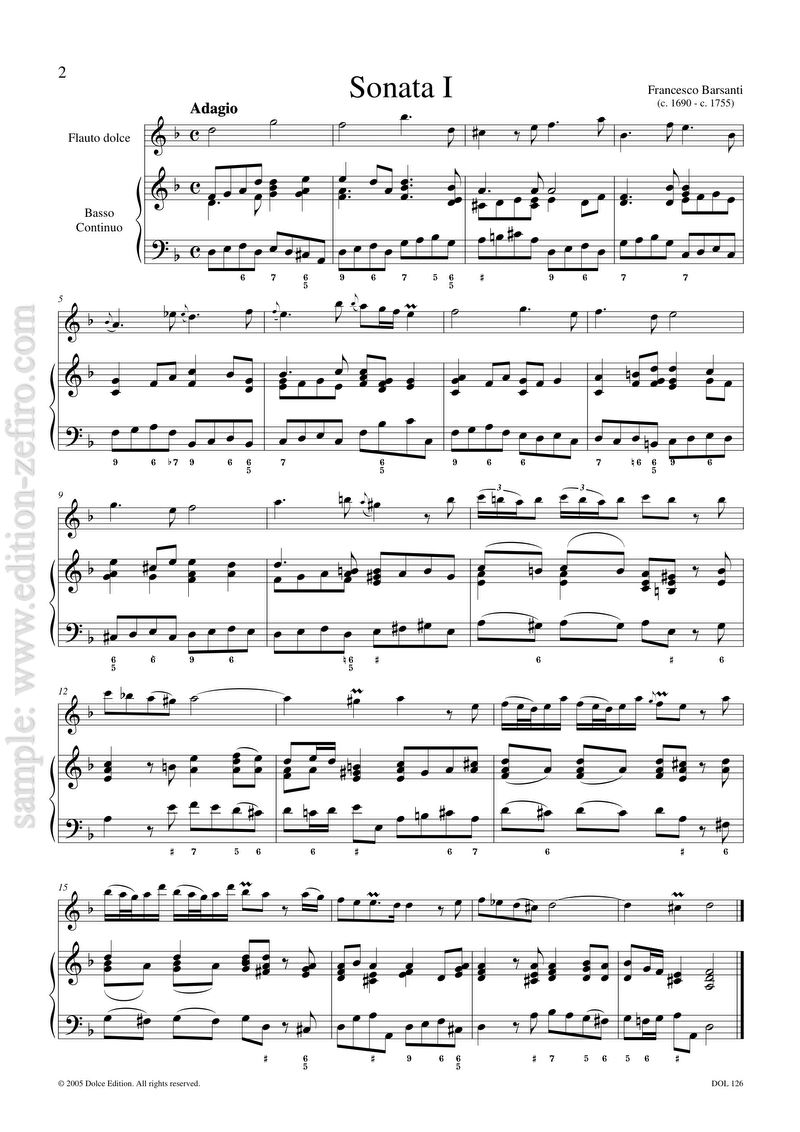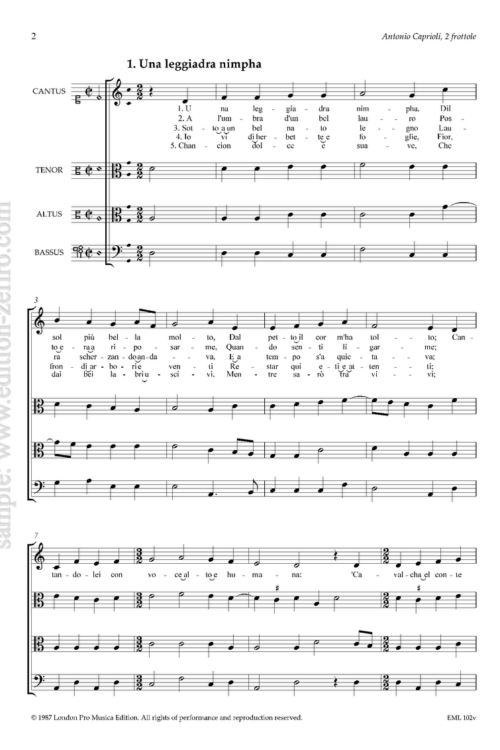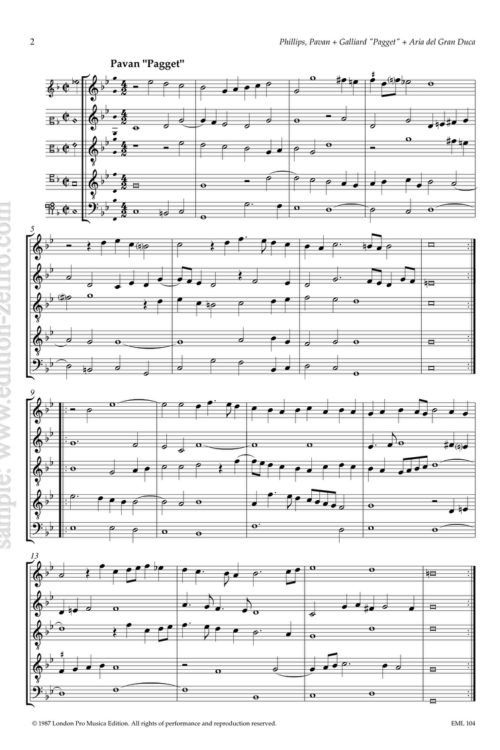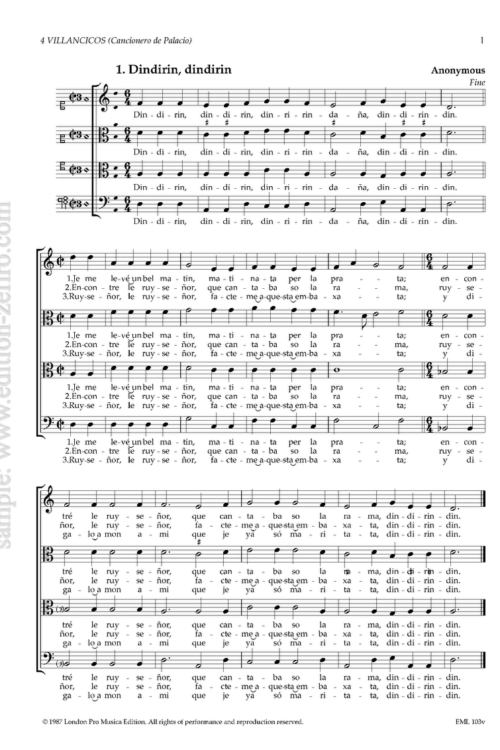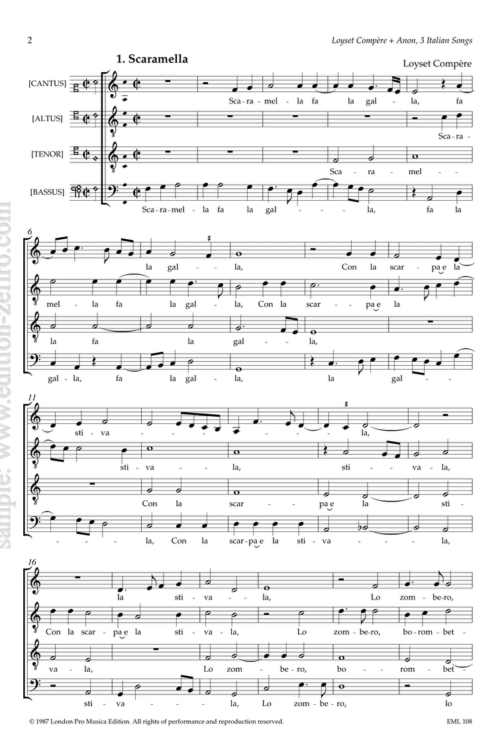Francesco Barsanti was an Italian oboist working in London.
Most of what is known about life of Francesco Barsanti comes from A General History of the Science and Practice of Music by John Hawkins, first published in 1776:
Francesco Barsanti, a native of Lucca, born about the year 1690, studied the civil law in the University of Padua; but after a short stay there chose music for his profession. Accordingly, he put himself under the tuition of some of the ablest masters in Italy, and having attained to a considerable degree of proficiency in the science of practical composition, took a resolution to settle in England, and came hither with Geminiani, who was also a Luccese, in the year 1714. He was a good performer on the hautboy, and also on the flute; in the former capacity he found employment in the opera band; and in the latter derived considerable advantages by teaching. He published, with a dedication to the Earl of Burlington, Six Solos for a flute, with a thorough-bass, and afterwards Six Solos for a German flute and a bass. He also made into sonatas for two violins and a bass, the first six solos of Geminiani. He continued many years a performer at the opera house; at length, reflecting that there was a prospect of advantage for one of his profession in Scotland, he went thither; and, with greater truth than the same is asserted of David Rizzo, may be said to have meliorated the music of that country, by collecting and making basses to a great number of the popular Scots tunes.
About the year 1750 Barsanti returned to England, but, being advanced in years, he was glad to be taken into the opera band as a performer on the tenor violin; and in the summer season into that of Vauxhall: at this time he published twelve Concertos for violins, and shortly after, Sei Antifone, in which he endeavoured to imitate the style of Palestrina, and the old composers of motets; but from these publications so little profit resulted, that, towards the end of his life, the industry and economy of an excellent wife, whom he had married in Scotland, and the studies and labours of a daughter, whom he had qualified for the profession of a singer, but is now an actress at Covent Garden, were his chief support.


